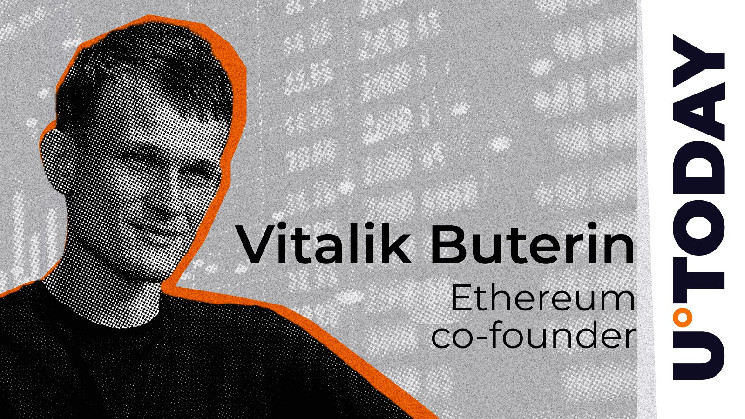Ethereum Cofounder Vitalik Buterin Warns Against Labeling Blockchain Use Cases as Attacks
In a recent post, Vitalik Buterin, the cofounder of Ethereum, cautioned against categorizing certain blockchain use cases as attacks. He emphasized how such labeling could potentially lead to censorship within blockchain networks, ultimately compromising their core principles of openness and resistance to authority.
Market Mechanisms as Strengths of Blockchain Technology
Buterin highlighted the importance of market mechanisms in blockchain technology, particularly the use of fees. These mechanisms allow applications willing to pay for on-chain execution to be accepted without bias or unpredictable limitations. He expressed concerns that introducing arbitrary definitions of what constitutes an attack could set a dangerous precedent and result in censorship.
Community Responsibility and Decentralization
While acknowledging the freedom of users to voice their opinions about applications and developers, Buterin emphasized the role of communities in socially organizing to reject certain applications, especially those involved in immoral behavior. He clarified that layer-1 (L1) blockchains should not be tasked with policing such activities to maintain decentralization.
Preserving Censorship Resistance in Blockchains
Buterin underscored the risk of compromising the integrity of open decentralized systems when blockchains resort to censorship or banning applications. He stressed that blockchain technology serves as a crucial defense against the rise of internet fragmentation, known as the splinternet, and must uphold its censorship resistance to fulfill its potential as a tool for neutrality and freedom.
Striking a Balance for Blockchain Innovation
As discussions around on-chain activities become increasingly polarized, from high-frequency trading to privacy-focused applications, Buterin’s stance highlights the importance of maintaining neutrality and transparent governance mechanisms, such as fees, to preserve blockchain decentralization. He emphasized the need to carefully balance innovation, regulation, and the foundational principles of blockchain technology as its adoption expands.

